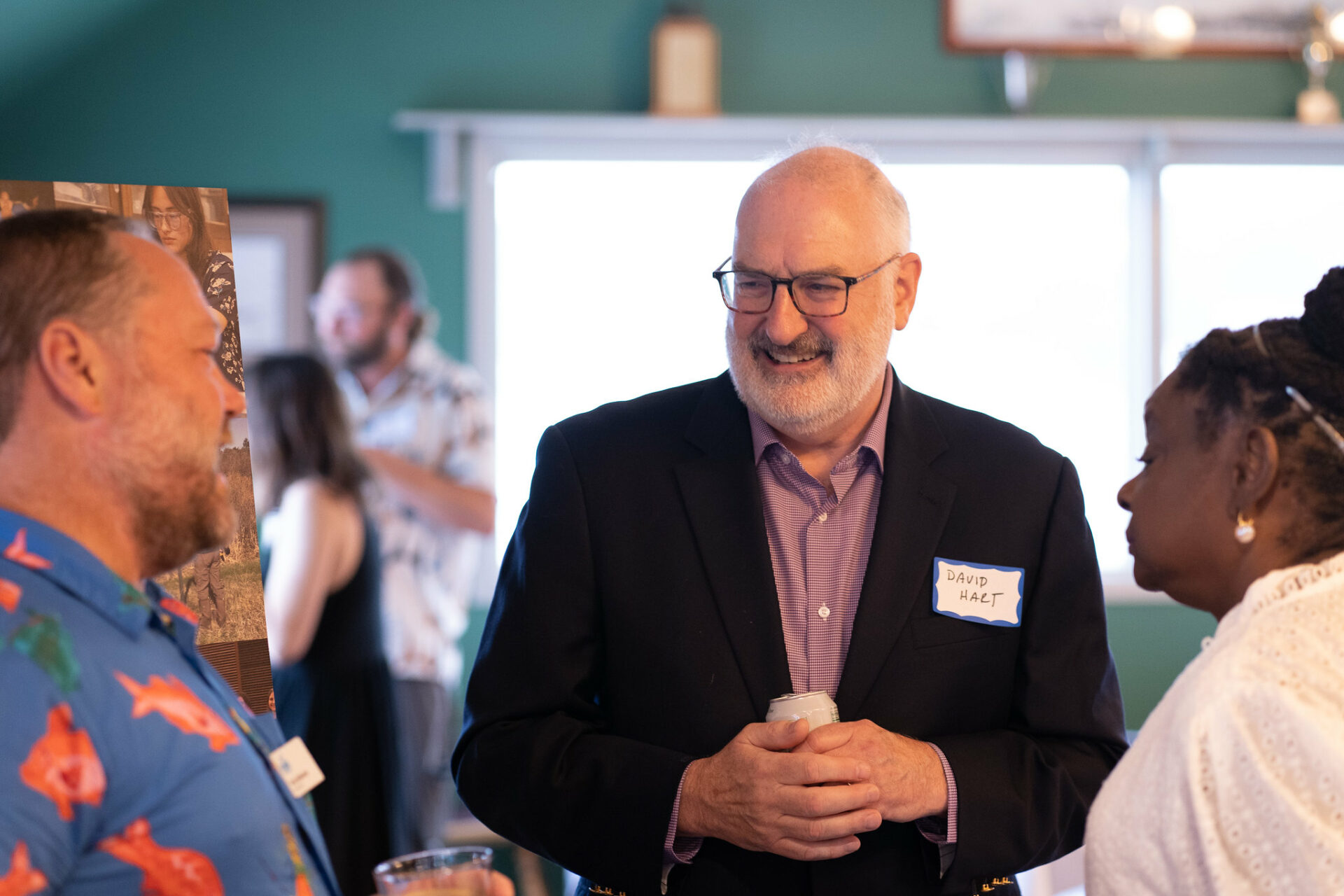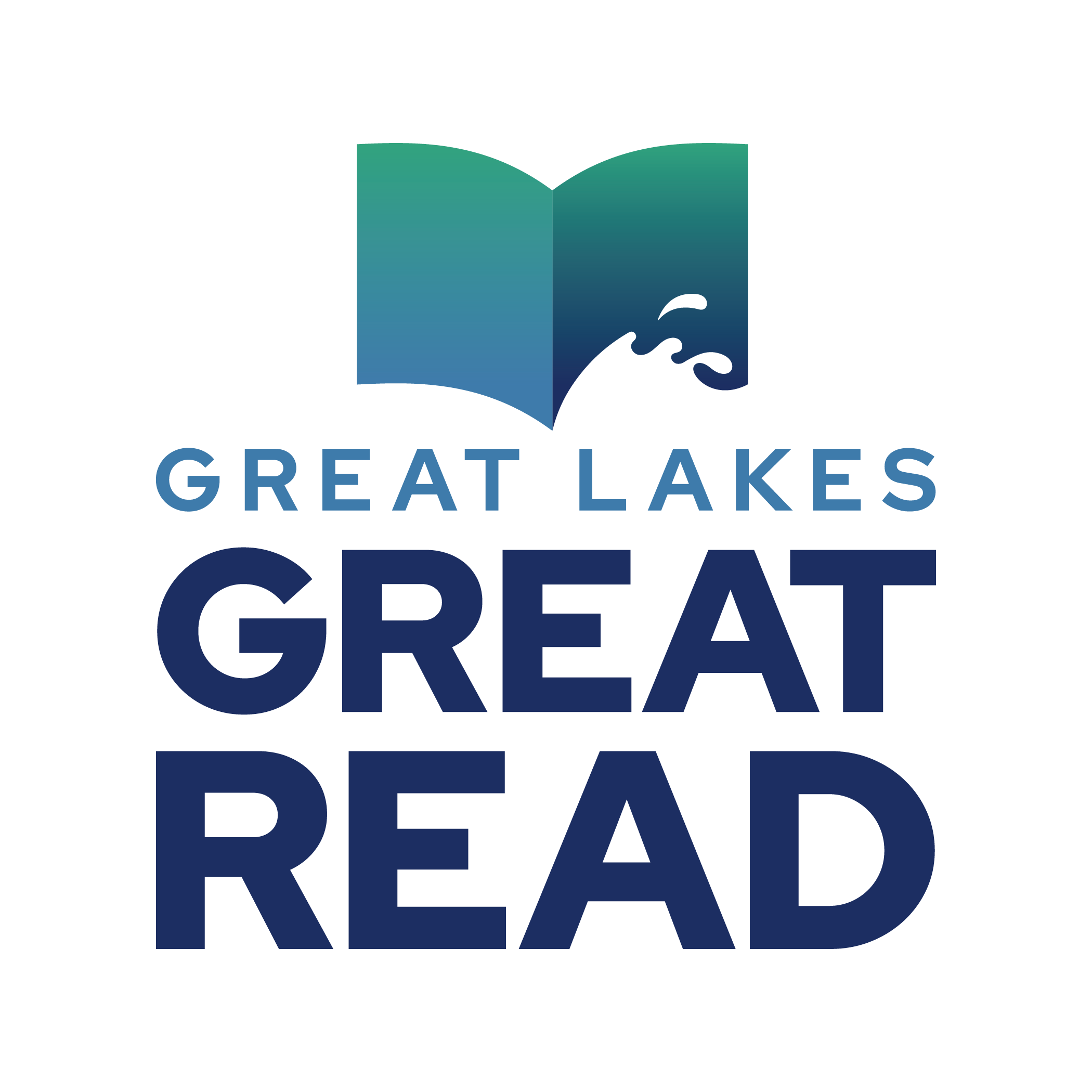A new summer program for youths in Milwaukee can boast of several “firsts” on a national and local level. The Journeys Into the Watershed – Making Connections Program was funded by a grant through the National Marine Sanctuary Foundation in an effort to link National Oceanic and Atmospheric Administartion (NOAA) programs with local Community Learning Centers supported by the U.S. Department of Education (DOE).
“The DOE had not partnered with NOAA before, so this was a new partnership at the federal level,” said Kate Morgan, watershed program leader and outreach coordinator for the Milwaukee Metropolitan Sewerage District (MMSD).
On the local level, the watershed program marked the first time the MMSD had worked with Community Learning Centers in Milwaukee.
“We were one of 17 entities in the country to receive grants from the National Marine Sanctuary Foundation to pilot this new program,” Morgan said. “We wanted to provide enrichment to the community learning center’s summer programs with the addition of materials and resources, and professional development for their educators. We also wanted to help youths learn about the Milwaukee River watershed and through a variety of field experiences exploring the diverse water resources in the region, which many of them haven’t had much access to.”
The MMSD worked with two of Milwaukee Public School District’s Community Learning Centers, offering a seven-week experience for staff and students in grades four through eight to explore their Lake Michigan watershed using new tools and technology to determine the health of the environment.
Ninety students and about 10 staff members visited wetlands, a river and the shores of Lake Michigan. They also visited MMSD facilities to learn about the wastewater treatment process. They used GPS devices, weather meters and thermal cameras during their explorations. Guided discussions after the field trips helped them process the experience and prepare for the next field trip.
Wisconsin Sea Grant was added to the mix to provide program evaluation expertise in the form of Deidre Peroff, our social scientist at UW-Milwaukee. Because of her past experience with Sea Grant, Morgan sought out Peroff.
“Sea Grant is a key partner in the area, bringing amazing resources and expertise,” Morgan said. One of Morgan’s co-workers knew of Peroff’s experience and recommended her.
“I knew Deidre had a strong interest in environmental education as well as expertise in evaluation, so it made perfect sense to include her in this grant,” Morgan said.
Peroff assessed the pre- and post-program knowledge and attitudes of both the students and teachers through surveys. But she also went above and beyond the normal call of duty. “I tried to go at least once a week to help out with the field trips and learn about the partners,” Peroff said. “I wanted to see what the students were learning so that I could better judge their changes in attitude and knowledge.”
The biggest change she found was in knowledge about the watershed, which changed 100 percent for both the students and the educators. They could now successfully answer questions about what kinds of animals live in the water, what kinds of technology can be used to test the health of the water and whether they live in a watershed.
“They were really surprised that they drink water that comes out of Lake Michigan. They didn’t know that before,” Peroff said.
In addition to Wisconsin Sea Grant, other program partners included Wehr Nature Center, Upham Woods Outdoor Learning Center, Urban Ecology Center, Milwaukee Public Schools Recreation Department and the University of Wisconsin-Milwaukee School of Freshwater Sciences.
Peroff and Morgan also assessed some of the obstacles and challenges faced by this new partnership. Logistics and staff changes at the Community Learning Centers proved challenging and would necessitate program changes if continued in the future.
Morgan would like to do more summer programming. “The kids were excited to participate and use the tools and technology that we brought to the program,” she said. “We became very close with these kids and they with us. We not only delivered an engaging program, we developed relationships. In that way, it was also a success.”
Morgan and Peroff are giving a presentation about Journeys into a Watershed at the Wisconsin Association for Environmental Education Conference, which begins on October 19 in Mequon, Wisconsin.





